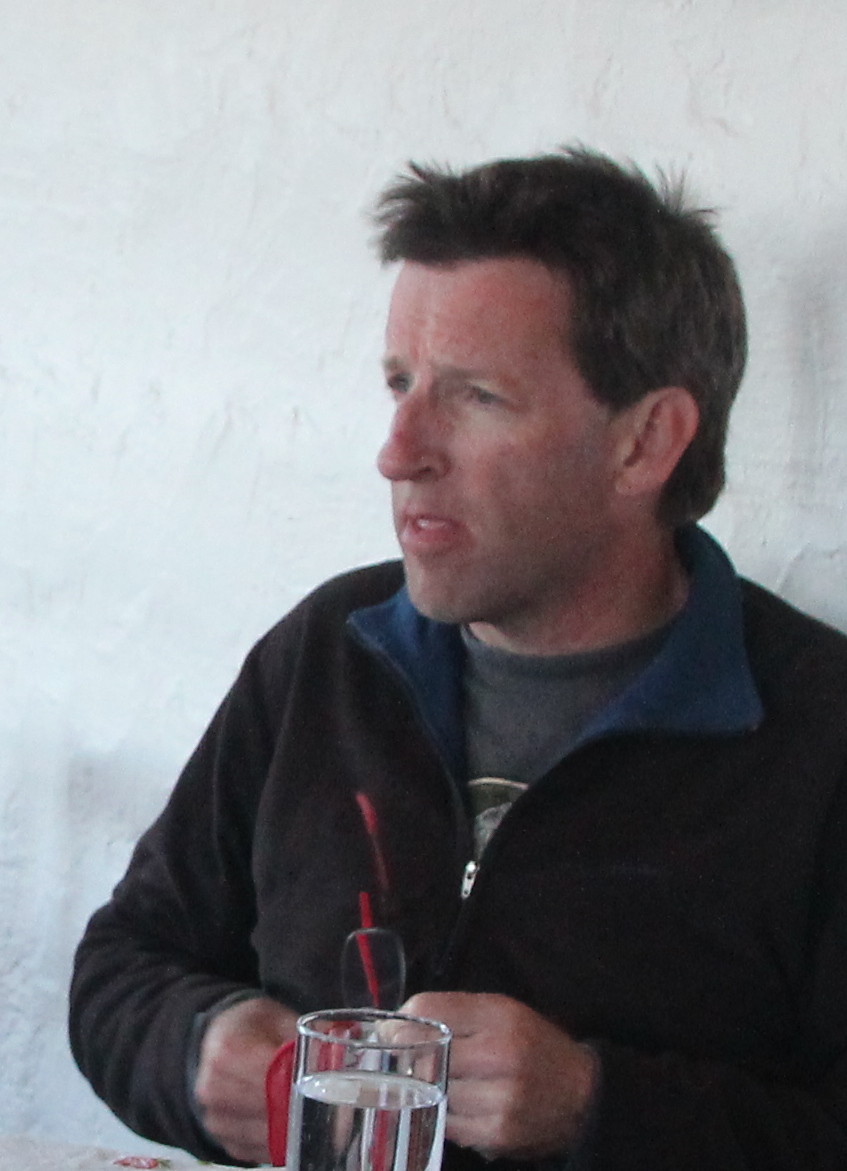The first day of spring—March 20, in this year—wasn’t very springlike here in Flagstaff, with rain and snow showers coming on a gusty day of clouds and near-freezing temperatures. More of the same, in other words. It’s been a harsh winter in northern Arizona. As storm after storm has pummeled the high country, the snow days have piled up as high as the drifts, lending a certain appeal to the notion of resurrecting the ancient Roman calendar that contained only ten months corresponding to our contemporary March through December. The other sixty or so days after the winter equinox were just kept off the calendar entirely, unennobled by any particular name, as if in acknowledgement that it’s a fool’s errand to try to maintain a productive schedule through the cold and gloomy months.
In any case, spring is usually held to begin on March 21, not 20, and this year it’s only the vagaries of astronomy (don’t ask me) that put the official start a day earlier. I prefer to think of the 21st as the marker of something new. Not because the northern Arizona weather was any different than the day before—it isn’t—but because in this post-pandemic (sort of) year that date also represents an important next step in citizen action on climate change.
On March 21, activists in numerous cities protested at the sites of large banks, pointing out that in the eight years since the Paris Climate Accords were approved the four largest U.S. banks have loaned over three trillion dollars to the fossil fuel industry. These loans from JP Morgan Chase, Citi, Bank of America, and Wells Fargo have underwritten construction of pipelines, fracking infrastructure, and new oil and gas drilling projects.
If oil and gas are the lifeblood of the American economy, as the companies selling those fuels like to claim, it is the banks that lubricate the flow. But of course oil and gas, along with coal, are also the lifeblood of the climate crisis. The greenhouse gas emissions associated with their extraction and combustion are the primary cause of climate change.
All of which might constitute a sort of academic look into the workings of capitalism, or of energy physics, were it not for two facts: 1) the money the banks lend to fossil fuel companies comes from a broad swath of American society, such as individual account holders, pension funds, and governmental units; 2) the city council of our own local governmental unit, the City of Flagstaff, last week voted 7-0 against a petition asking it to reconsider the city’s contract with Wells Fargo.
This was a considerable blow to activists from Fossil Free Arizona who had spent months organizing a petition drive and constructing a case against the city’s patronage. Quite a few of them, including many young people, stood up to testify at the council hearing.
Some may remember that the council, including some of the same members who still sit on it, in 2020 voted to declare a climate emergency. This set a goal of accelerating the city’s target date for carbon neutrality from 2050 to 2030. Yet when council members had the opportunity to take a concrete step in this direction by considering the re-allocation of the city’s banking contract, they refused to do so.
Why this happened is not entirely clear, since the most significant discussion the councilmembers conducted on the topic took place out of sight in closed session with the city’s lawyer.
What members of the public heard afterwards is that the topic is more complex than it seems; that taking action would require too much staff time; that any bank large enough to meet the city’s financial needs has bad behavior in its portfolio; that the city needs better, more detailed policies to guide its procurement process; that the city council shouldn’t be messing around with city staff decisions; and that action on this item is not nearly as important as many of the other to-do items the city has on its climate action list.
Not mentioned much in this discussion was the staff presentation on the topic of banking by city financial manager Rick Tadder. He appropriately incorporated a detailed account of the city’s relationship with Wells Fargo. But his presentation also included a laundry list of the bank’s history of supposed climate action that sounded more like a press release than a critical assessment. It entirely skirted the main issue, namely that the bank is a primary source of the dollars promoting fossil fuel production at a critical time when it’s obvious that the planet’s health can’t stand this expansion.
Also not mentioned was an issue that was likely on some minds, namely that the Arizona State Legislature, like many Republican-led state legislatures, is in the process of declaring war on public financial decisions that take issues like climate change into account. In particular, draft bills SB 1138 and SB 1139 would prohibit any entity (such as a bank) that manages public funds in Arizona from considering environmental or social goals in its decision-making, and would prohibit government officials as well from considering such factors as they make decisions about contracting.
When our state’s legislature takes up such bills, it’s no wonder that representatives of municipalities might think twice about taking an overt ethical stand, lest they be steamrolled by the state. These initiatives are part of a large-scale effort to shore up the fortunes of the fossil fuel industry as it becomes increasingly evident that its interests are diverging farther and farther from those of humanity at large.
It’s dispiriting, for sure, that the city council didn’t provide more than lip service to the larger issue.
But the increasing vehemence of the pro-fossil-fuel movement can also be read in another way. The metaphors we use to conceptualize our situation matter. The fossil-fuel industry can seem a steamroller—but maybe, like a late-March snowstorm, its impact might seem all the stronger because it can’t last forever.
The young people crowding the council chamber, or protesting in front of bank branches, aren’t going away. They’re going to be voting with ballots, with dollars, with hearts. And when the thaw comes, it can come in force.


